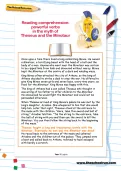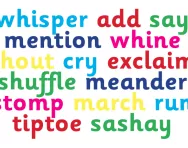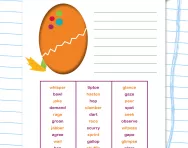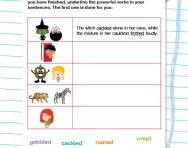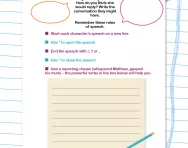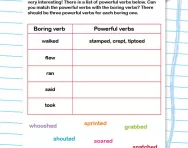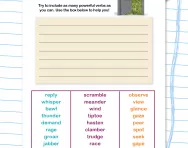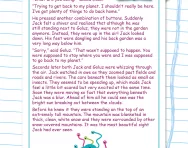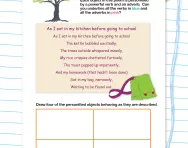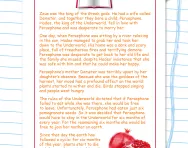TheSchoolRun.com closure date
As we informed you a few months ago, TheSchoolRun has had to make the difficult decision to close due to financial pressures and the company has now ceased trading. We had hoped to keep our content available through a partnership with another educational provider, but this provider has since withdrawn from the agreement.
As a result, we now have to permanently close TheSchoolRun.com. However, to give subscribers time to download any content they’d like to keep, we will keep the website open until 31st July 2025. After this date, the site will be taken down and there will be no further access to any resources. We strongly encourage you to download and save any resources you think you may want to use in the future.
In particular, we suggest downloading:
- Learning packs
- All the worksheets from the 11+ programme, if you are following this with your child
- Complete Learning Journey programmes (the packs below include all 40 worksheets for each programme)
You should already have received 16 primary school eBooks (worth £108.84) to download and keep. If you haven’t received these, please contact us at [email protected] before 31st July 2025, and we will send them to you.
We are very sorry that there is no way to continue offering access to resources and sincerely apologise for the inconvenience caused.
Reading comprehension: The myth of Theseus and the Minotaur
Read this story about the myth of Theseus and the Minotaur. Look at the part of the story in bold. The fight between Theseus and the Minotaur is not described in detail. Can you write a paragraph explaining what happened?
What reading skills will a Year 2 child develop?
A Year 2 child should develop the following reading skills (according to the National Curriculum in England):
Reading words
- Learn to read words quickly and correctly by sounding them out and recognising common words on sight.
Comprehension
- Understand and talk about what they read, including stories, poems and information texts.
Fluency
- Read out loud smoothly and with expression, making their reading sound natural.
Vocabulary
- Learn the meanings of new words and use them in their speaking and writing.
How do reading comprehension activities help children learn?
Reading comprehension activities help children learn by making reading an interactive and engaging experience.
When children dive into stories, answer questions, and discuss what they've read, they start to understand the meaning behind the words and how different parts of the story fit together. This not only boosts their ability to grasp new information but also enhances their vocabulary and critical thinking skills.
Visit our Reading Comprehension hub page for more support and resources, or try a new activity such as our Year 2 English Challenge Pack.
